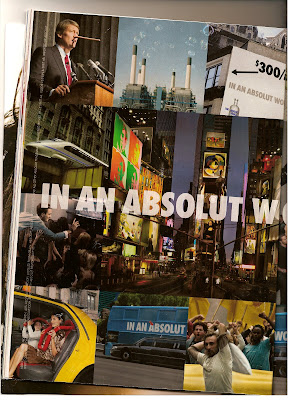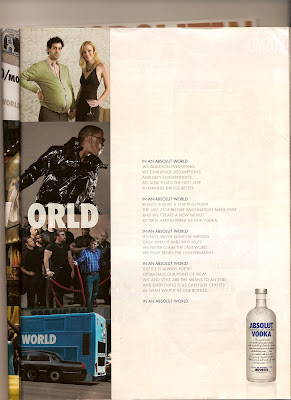Even the name “Segway” suggests the prestige of the product, therefore the upward mobility of the consumers who purchase Segways. “Seg-“is a Latin root meaning to cut or to separate. While way is synonymous with the word path. Therefore, Segway suggests that the owners are unlike non-Segways owners—establishing a class difference. On Segways website, the product is advertised as an alternative to driving: a product for “green living.” Segways are more notably used as an alternative to walking—conflicting with goal of its advertising. The idea of going green has become popularized by the introduction of products that claim to save or help the earth, when in actuality those products are still contributing to pollution. Actual means of green transportation are viewed as a lower status in some areas, transportation such as walking, biking and public transportation.
Although the products suggest upward mobility as Truman mentions in his post, that mobility is limited. The Segway may provide security with better vision for patrolling and a possible edge of faster transportation, than that by foot, but as Chris mentioned, security is only efficient if the population of people in a given area is minimal. Congested walkways prohibit the Segway users from ‘gliding past’ others. This product claims to be an alternative means to commute to work, however most people who ‘commute’ to work do so by car because they travel far distances from their home—otherwise they would simply be ‘going to work.’ The Segways does not compete with the speed of a car—only going 12.5 miles per hour—or the range of a car—12-24 miles. A video on Segway’s page titled “Take Control of Your Commute,” one users asserts that a Segway has “changed [his] life” by giving him the freedom to explore his hometown, yet he relies on mixed transportation—the subway and the Segway—to accomplish this.
Finals week...
14 years ago



